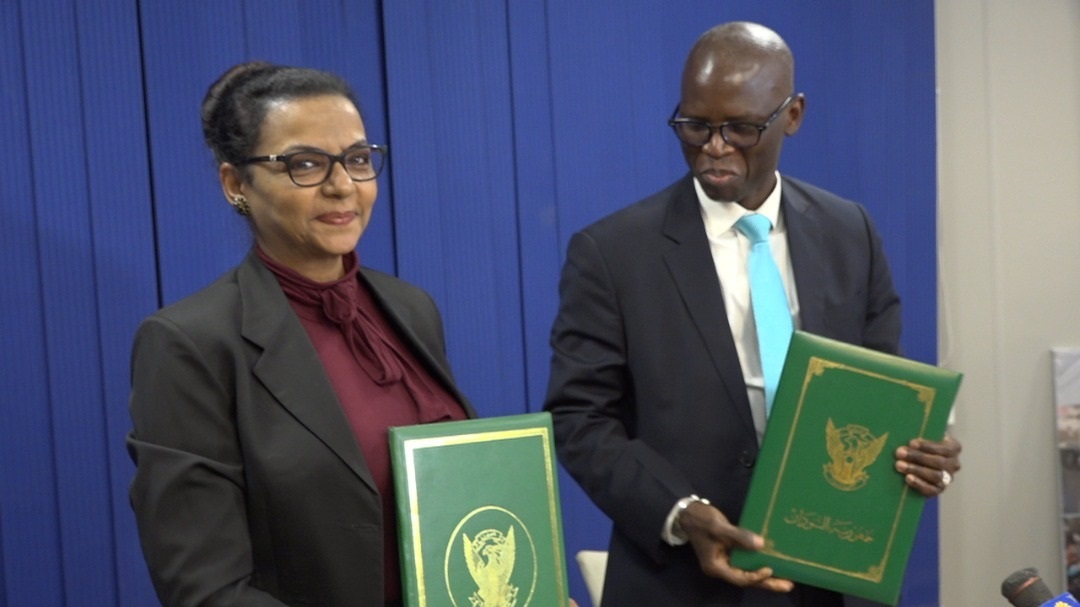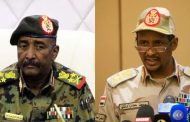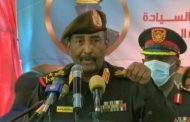KT
An agreement between the Government of Sudan and the World Bank was signed on Friday October 23, at the headquarters of the World Bank in Khartoum, on a grant worth about $ 370 million, in the presence of the Minister of Finance and Economic Planning, the Minister of Labor and Social Development, the Governor of the Central Bank of Sudan and the country director of the World Bank.
Dr Heba Muhammad Ali, Minister of Finance and Economic Planning had signed for the Government of Sudan and Mr Othman Dayon the Country Director for Sudan, Eritrea, Ethiopia and South Sudan on behalf of the World Bank.
Dr Heba explained during the signing ceremony that the grant is worth 370 million dollars and includes 200 million dollars from the World Bank as a pre-exemption grant and 170 million dollars from Sudan’s European partners, in particular the European Union, Germany, Ireland, the Netherlands and Sweden.
Dr Heba said that this grant will be allocated to directly support Sudanese citizens, especially needy families, through the Family Support Program, and is also considered as a great support for structural economic reforms, according to which they will ultimately produce a recovering economy, inflation under control, and reactivate the wheel of production.
It is expected that about 11.3 million people will benefit from the first phase of the project, which represents 33% of the total number of beneficiaries of the program, and that, once completed; the first phase of the project will be implemented in the states of Khartoum, Darfur, Kassala and the Red Sea.
Mr Osman Dayon said that Sudan has taken steps that deserve support and admiration, and that this is a tribute to the Sudanese government to start a new phase of democratic governance.
Dayon indicated that Sudan has not received support from the World Bank for 29 years and now it is back to the international community and will benefit from international support, international financing institutions and government assistance in the necessary reforms of the economy and improving the lives of citizens. Dayon stressed that these reforms are necessary in order for Sudan to benefit from debt relief, stressing the World Bank’s readiness to provide technical support to Sudan and various types of support to help it in economic reforms.
The program aims to reduce the impact of economic reforms on low-income families by providing cash transfers and improving social protection systems and safety nets for low-income Sudanese families.








